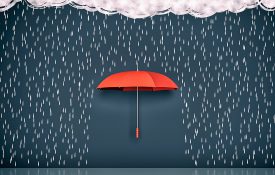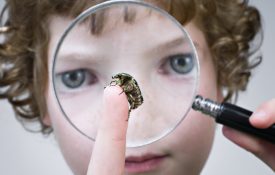
The generation people are born in might predict their personality traits and how they change as they grow older, this research suggests.

Research points to three broad reasons why people need social contact with strangers, or“Vitamin S.”

Patterns of personality growth from adolescence to young adulthood have a greater bearing on career outcomes than adolescent personality traits and crystallized ability.

It’s easy to see how someone with low levels of conscientiousness or extraversion might struggle in the workplace, but people with extremely high levels of these traits can face hurdles of their own too.

Data from 16,000 individuals in the UK reveal links between early conduct problems and economic and political discontent 25 years later.

Two recent studies highlight how personality and occupations intertwine.

Advertisements can be more effective when they are tailored to the unique personality profiles of potential consumers, research suggests.

Using behavioral data gleaned from social media, researchers find that people are more like their friends and partners than previously thought.

Feeling pressure may impair performance for people who score high on measures of neuroticism, a study has found.

Data indicate that today’s college students are slightly less narcissistic than their counterparts were in the 1990s.

High levels of the trait neuroticism are linked with lower risk of death for people who say they're in fair or poor health, data from 500,000 UK residents show.

People who score high on a measure of sadism seem to derive pleasure from behaviors that hurt others, and are even willing to expend extra effort to make someone else suffer, a study shows.

Think of a stereotypical salesperson and you’re likely to conjure up someone who’s extraverted, gregarious, and assertive. But a new study reveals that “ambiverts,” people who are neither introverted nor extraverted but who fall somewhere

Dominant group members tend to view others as either allies or foes as a way of evaluating their usefulness.

With mixed findings and multiple plausible explanations, the question remains: How does birth order relate to personality?
